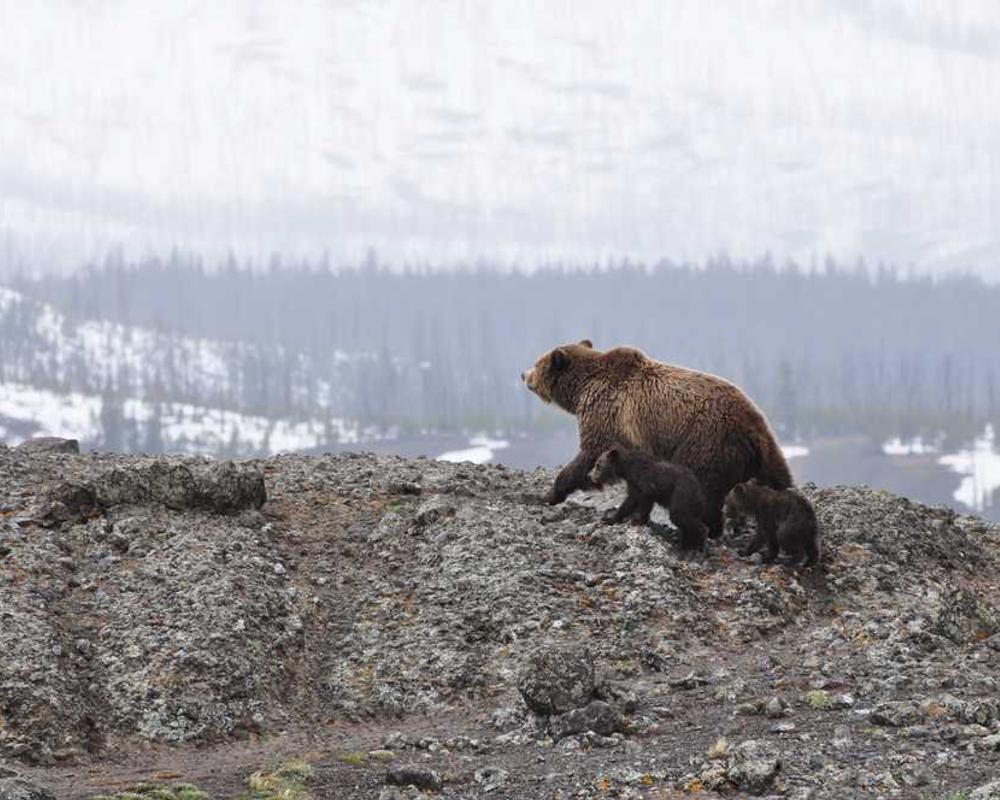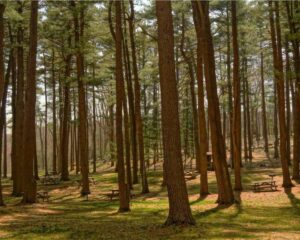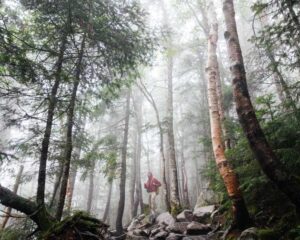The Weight of Forgotten Promises
The Weight of Forgotten Promises
The rain fell in heavy sheets, drumming against the cracked pavement of the old neighborhood. Lucas stood at the edge of the street, his hands shoved deep into the pockets of a worn-out jacket, feeling the weight of the past pressing down on him like the storm clouds above. It had been years since he left this place, years since he had promised to return and make things right. But promises, like the weather, could change, and he had let his slip away like water through his fingers.
His heart ached with memories of laughter and love, now replaced by the silence of regret. He was the Fallen Hero, once a star athlete, now a shadow of his former self, haunted by the choices that led him to this moment. The addiction that had gripped him was a thief, stealing not just his dreams but the trust of those who once believed in him. He had spent countless nights in dark alleyways, chasing a high that only deepened his despair.
But today was different. Today, he stood before the old community center, a place that had once been a beacon of hope for him and many others. It was here, in the heart of the neighborhood, that he had first learned the value of connection, of community. As he stepped through the doors, the familiar scent of coffee and the sound of quiet conversation enveloped him, pulling him back to a time when he was whole.
“Lucas?” A voice broke through his reverie. It was Maria, the woman who had once been his mentor. Her eyes, filled with a mixture of surprise and concern, searched his face. “What are you doing here?”
“I came to talk,” he said, his voice barely above a whisper. “I want to help. I want to make amends.”
Maria studied him for a moment, the lines of worry etched on her face. “You know it won’t be easy. People remember what you did.”
“I know,” he replied, the weight of her words settling heavily on his shoulders. “But I can’t keep running. I need to face this.”
The weeks that followed were a blur of hard work and painful confrontations. Lucas volunteered at the center, helping with food distribution and mentoring troubled youth. Each act of kindness chipped away at the walls he had built around himself, but the shadows of his past loomed large. He faced whispers and stares, the judgment of those who had once looked up to him. Each encounter was a reminder of the trust he had shattered, the lives he had touched only to hurt.
One evening, as he was cleaning up after a community meal, he overheard two teenagers discussing him. “Can you believe he’s back? What a joke.” The words cut through him like a knife, and for a moment, the urge to slip back into old habits surged within him.
But then he remembered the faces of those he was helping—the smiles of children who saw him not as a failure, but as a chance for change. He took a deep breath and stepped outside, the cool air washing over him like a cleansing balm.
It was during a community meeting that the moment of truth arrived. Lucas stood before a group of people, some familiar faces, some strangers, all there to discuss the future of the center. “I know I’ve hurt many of you,” he began, his voice trembling. “But I want to make things right. I want to help rebuild what I broke.”
The room fell silent, tension thick in the air. He could feel the weight of their gazes, the skepticism mingling with hope. “I’m here to stay,” he continued, “and I’m willing to do whatever it takes.”
As he spoke, something shifted. A hand rose from the back of the room—an older man, once a father figure to Lucas. “You think you can just come back and fix everything? You don’t understand the damage you’ve done.”
“I don’t,” Lucas admitted, “but I want to learn. I want to help.”
The man’s face softened, and for a moment, Lucas saw a flicker of understanding. “It takes time,” he said. “Trust isn’t given; it’s earned.”
And so began the arduous journey of rebuilding trust. Lucas faced his past with humility, accepting that redemption would not come easily. He spent hours listening to stories of those he had wronged, offering apologies that felt inadequate but were necessary. Each small act of kindness became a step towards healing, not just for others, but for himself.
One evening, as he sat alone in the community center, he noticed a sprouting seedling in the garden they had started together. It was a small thing, but it symbolized hope. Just as that seed had begun to grow in the cracks of the concrete, so too could he rise from the ashes of his past.
In time, the community began to see the change in Lucas. He was no longer just the Fallen Hero; he was a man fighting for redemption, a man willing to face the consequences of his actions. Trust was slowly rebuilt, and as the seasons changed, so did the perception of those around him.
The road was long, and the past would always be a part of him, but he learned to carry it with grace rather than shame. He found solace in helping others, in being a guiding light for those who wandered in darkness.
In the end, Lucas discovered that redemption was not a destination but a journey—a continuous effort to be better, to give back, to embrace the light that could shine even in the darkest of places. And as he looked out over the community he once abandoned, he felt a flicker of hope ignite within him, a promise that he would never let the weight of forgotten promises drag him down again.
















Post Comment